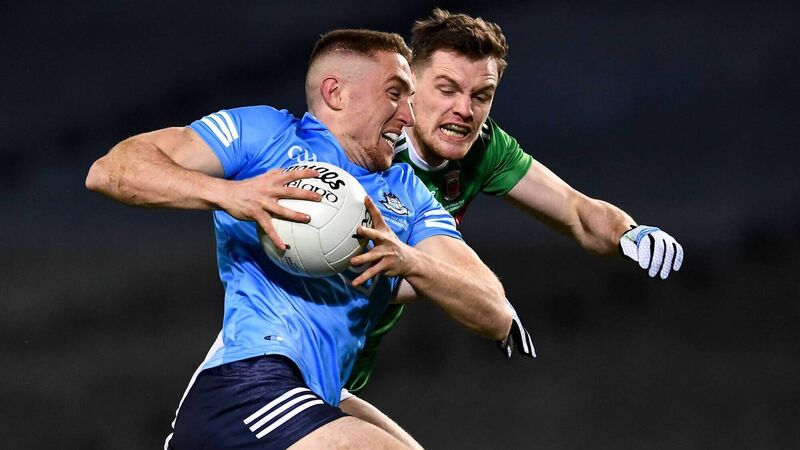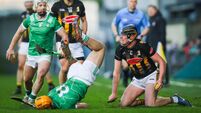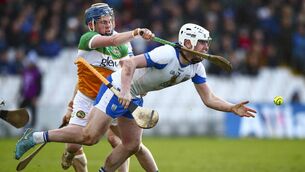Mike Quirke: Late-game accuracy and efficiency - Dublin have the stamp of champions

STRIDE FOR STRIDE: Dublin’s Paddy Small and Mayo’s Matthew Ruane battle for possession in Saturday’s All-Ireland SFC final.
I’ve mentioned here earlier that Dublin have seemingly turned into the GAA’s very own four-minute mile — a psychological barrier as much as anything else that has most opponents beaten before they even step on the field.
In 1954, Roger Bannister did what nobody of the time believed was humanly possible. He was thought to be crazy for even thinking it was achievable, before eventually running the mile in three minutes 59.4 seconds. It was an astounding feat. In doing the seemingly impossible, he had given the world of athletics a belief that they too could move mountains.








